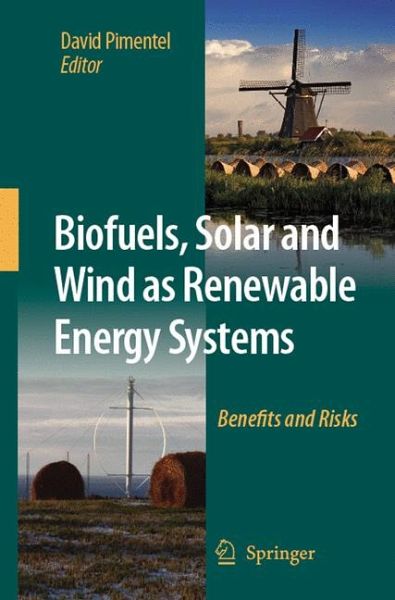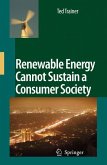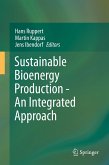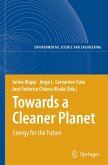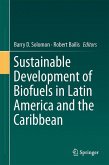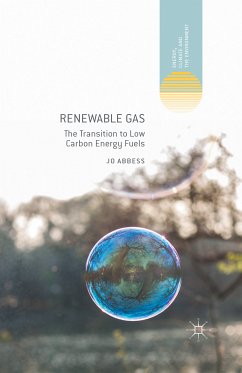The petroleum age began about 150 years ago. Easily available energy has s- ported major advances in agriculture, industry, transportation, and indeed many diverse activities valued by humans. Now world petroleum and natural gas s- plies have peaked and their supplies will slowly decline over the next 40-50 years until depleted. Although small amounts of petroleum and natural gas will remain underground, it will be energetically and economically impossible to extract. In the United States, coal supplies could be available for as long as 40-50 years, depending on how rapidly coal is utilized as a replacement for petroleum and natural gas. Having been comfortable with the security provided by fossil energy, especially petroleum and natural gas, we appear to be slow to recognize the energy crisis in the U. S. and world. Serious energy conservation and research on viable renewable - ergy technologies are needed. Several renewable energy technologies already exist, but sound research is needed to improve their effectiveness and economics. Most of the renewable energy technologies are in uenced by geographic location and face problems of intermittent energy supply and storage. Most renewable technologies require extensive land; a few researchers have even suggested that one-half of all land biomass could be harvested in order to supply the U. S. with 30% of its liquid fuel! Some optimistic investigations of renewable energy have failed to recognize that only 0. 1% of the solar energy is captured annually in the U. S.
Dieser Download kann aus rechtlichen Gründen nur mit Rechnungsadresse in A, B, BG, CY, CZ, D, DK, EW, E, FIN, F, GR, HR, H, IRL, I, LT, L, LR, M, NL, PL, P, R, S, SLO, SK ausgeliefert werden.

